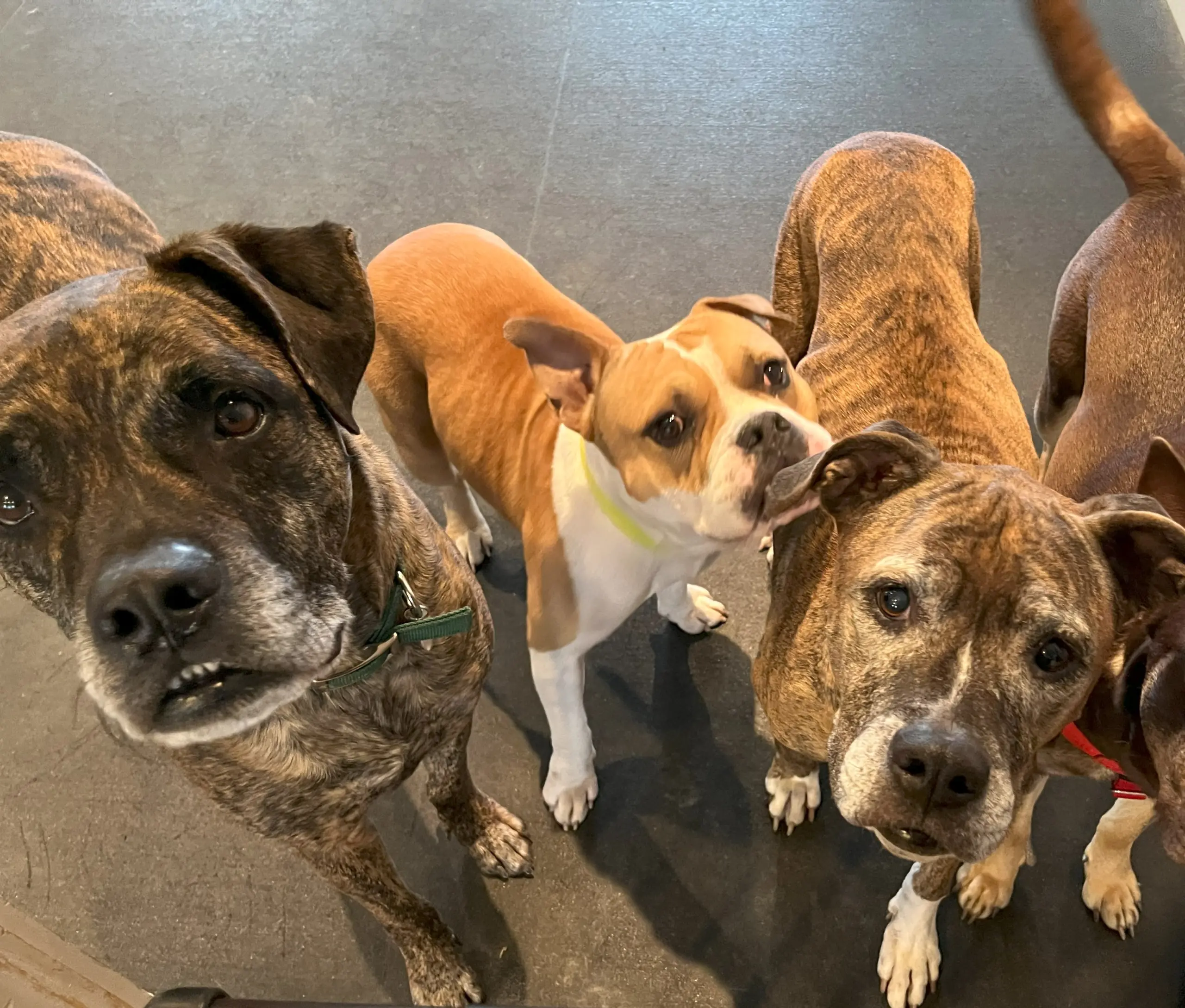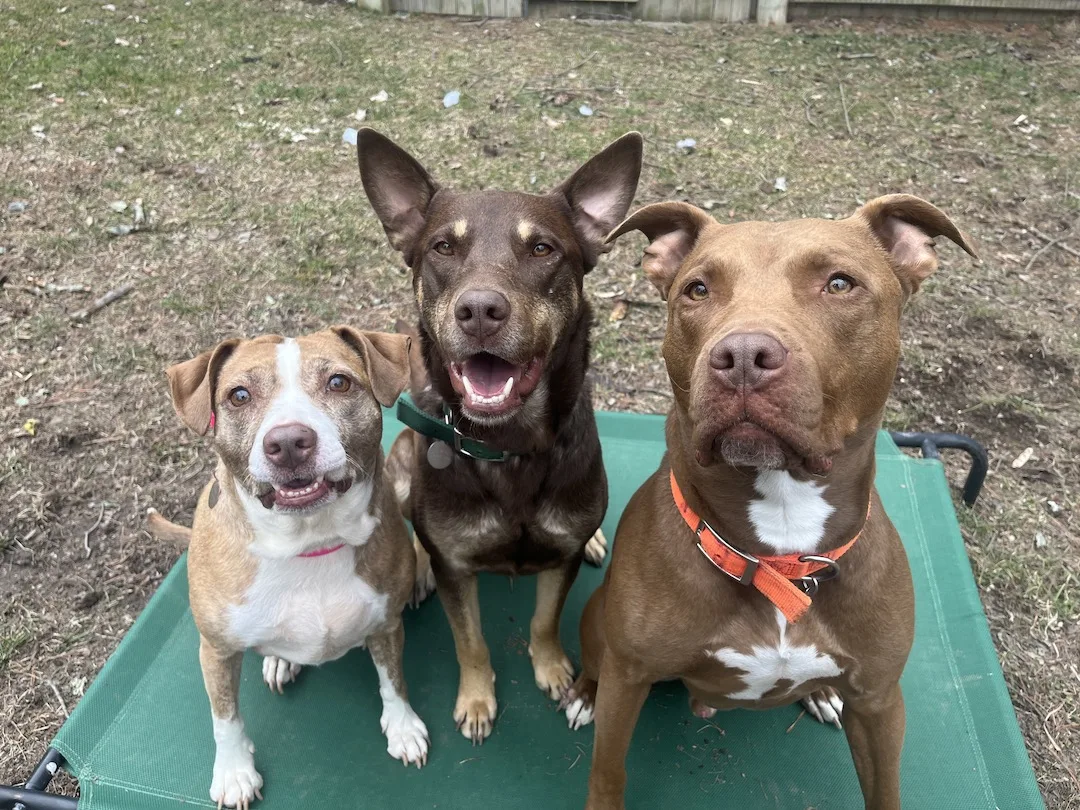The first story you ever tell about a shelter dog will stick with that dog for the rest of the time they are in your care – and possibly the rest of their life. That first story is usually the dog’s biography. It’s on your website, it’s on sites like Petfinder, and it’s usually on your social media in some form. So, you want the tone of that story and the emotion it evokes to be positive and reflect who that dog is as an individual.

If you have a dog who had a traumatic or sad experience, it’s tempting to focus on the heartbreak. You find yourself angry and emotional about it, so you want to express how you feel. You’ve seen larger, more well-known and well-resourced organizations run campaigns using sadness to gain support and donations (cue the Sarah McLachlan song), but that’s not something that works for smaller groups. Larger organizations are very strategic about the campaigns they run. These are designed to raise funds, not promote specific pets who need homes.

Then there are the media outlets that seem to thrive on sad stories about dogs. You’ve seen those stories go viral, so why wouldn’t they work for you and the dogs in your care? Sad and traumatic stories may get a dog attention on social media, but they don’t always translate to adoptions. Undoubtedly, these stories will make people feel compassion for a dog, but they don’t say anything about why a dog would make a good pet.

Also, remember that media attention may result in a flood of adoption applications, but that doesn’t mean you’ll receive one from someone who would make an excellent guardian.
Think about it in terms of breed labels. Due to widely circulated misinformation, many breed labels carry a negative connotation. The same is true of a dog’s background. Whether a dog was abandoned, abused, from a puppy mill, a hoarding situation, or a myriad of other circumstances, that background can overshadow a dog’s actual personality.

Your focus should always be on helping potential adopters see a dog with a loving personality who can provide a future of happiness for whoever is lucky enough to adopt him.
There is evidence to support the idea that positive ads are more successful in promoting adoptions and raising funds for local animal welfare organizations than ads that focus on sadness and despair.

Remember that you’re in the business of making people and pets happy. You want to create long lasting matches between pets and families. You’re also in the business of connecting with your community. People want to experience happiness. People won’t want to visit your shelter if they think it’s a sad place. Let them know that the dogs in your care are happy and fun-loving. People want companion animals that will enrich their lives. Show them why the dogs in your care can do that.
When you tell a dog’s story, focus on who that dog is, not on where they came from. Remember that every time you write a bio, a social media post, or speak with a potential adopter.
Find more tips on marketing the dogs in your care in our handy dandy ebook.







